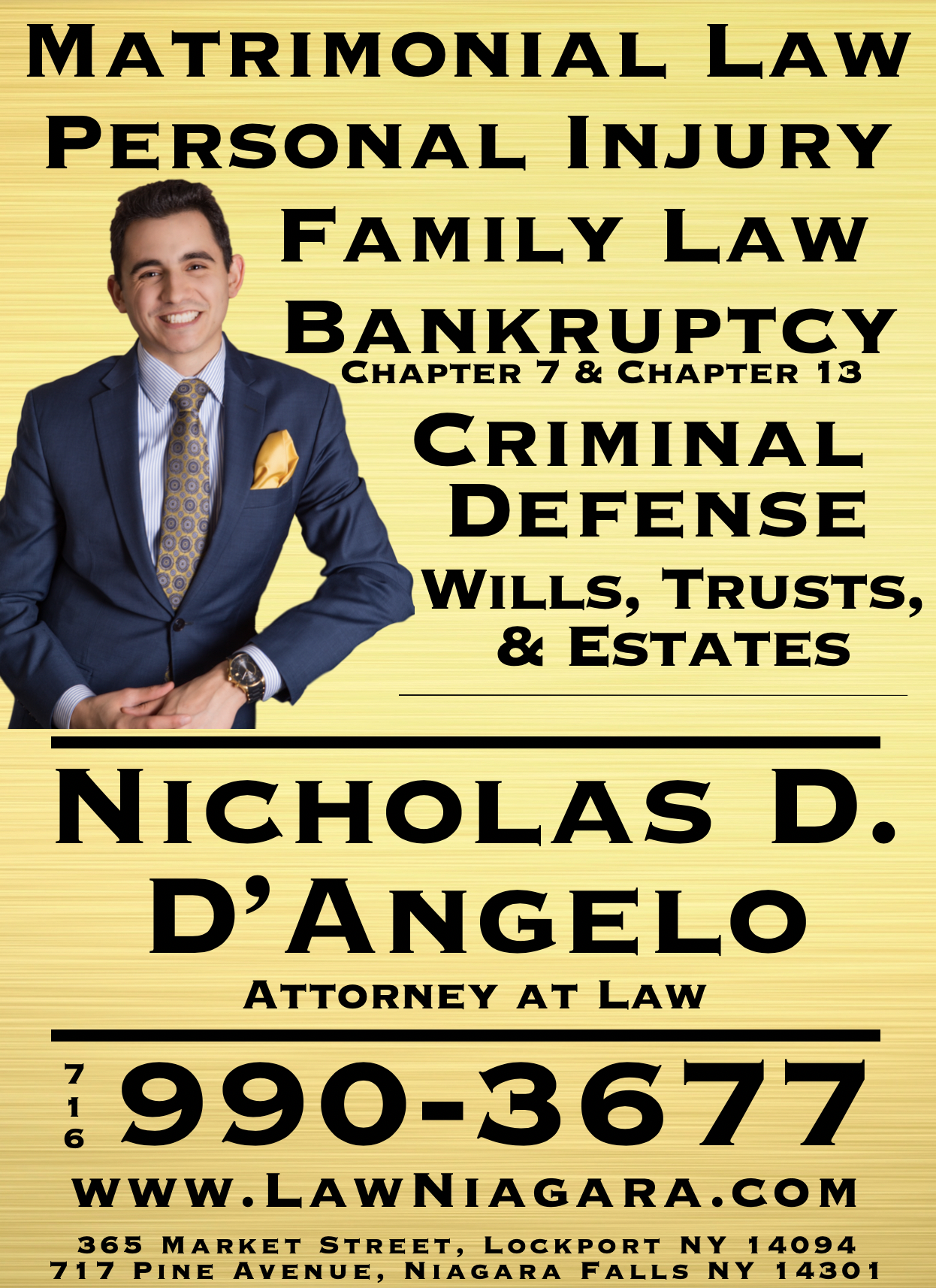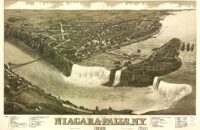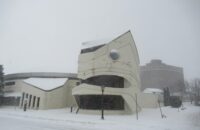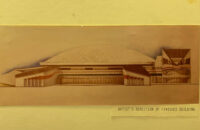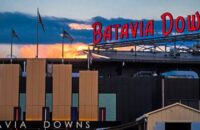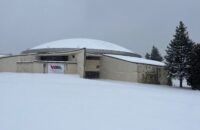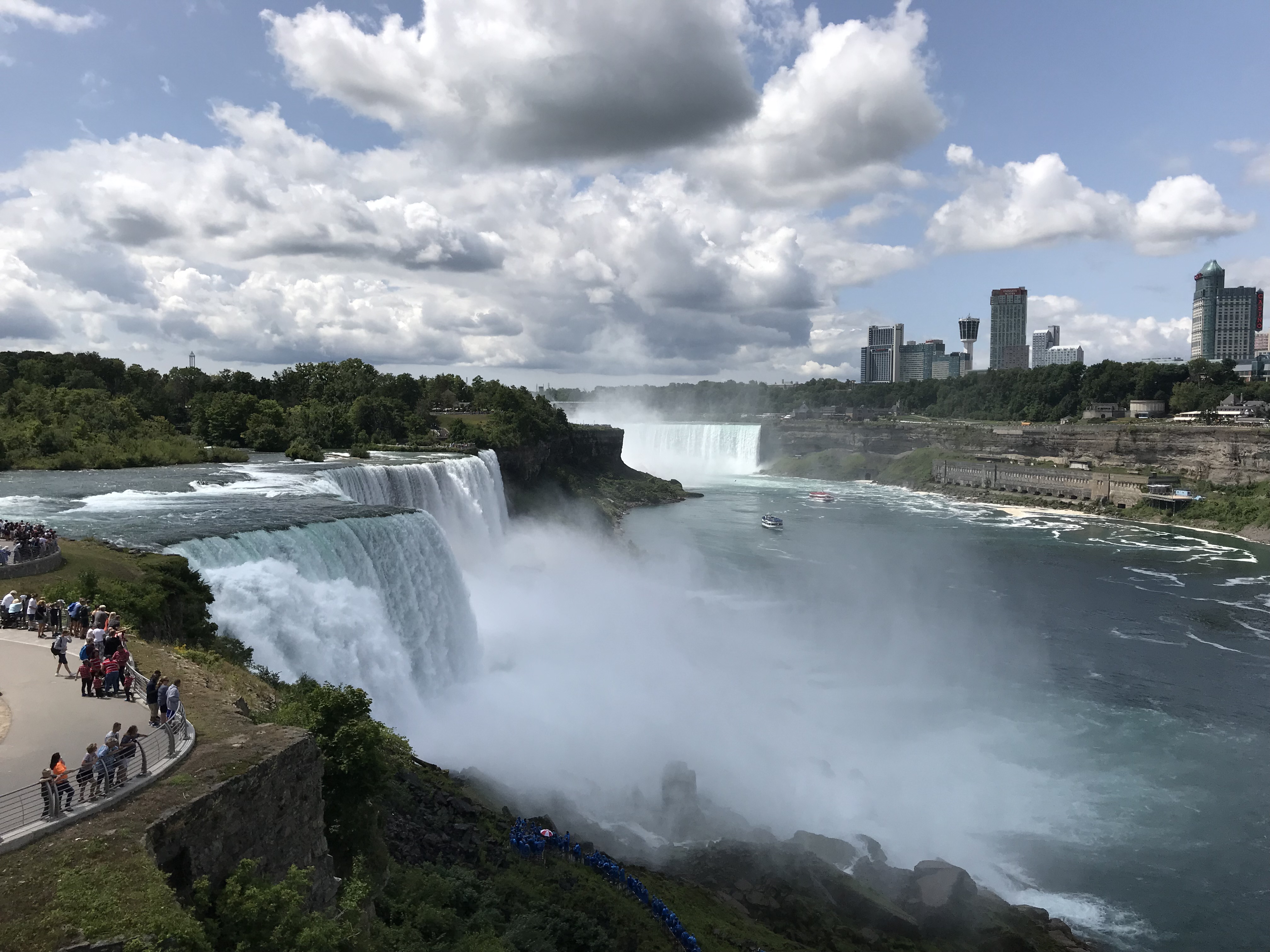Please click the link below to subscribe to a FREE PDF version of each print edition of the Niagara Reporter
http://eepurl.com/dnsYM9
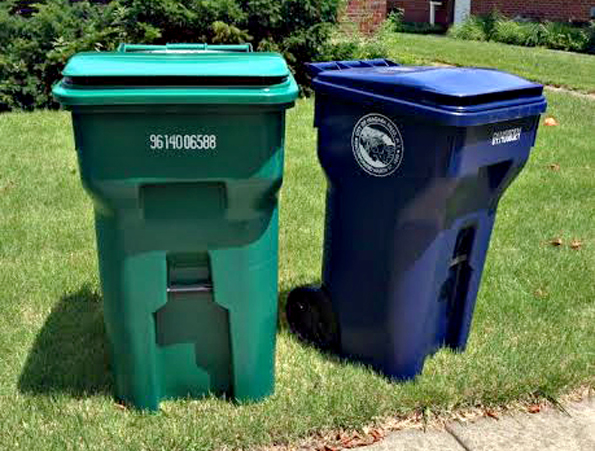
By: Tony Farina
It may not be enough to bail out the city even if it wins the approval of the Niagara Falls City Council, which is still very much in doubt. But after years of inaction on the sort of tough political decisions that were needed then and are needed now, city lawmakers and the administration of outgoing Mayor Paul Dyster are between a rock and a hard place and will take another crack at a garbage user fee to fill a gaping $5.5 million hole in next year’s budget.
Dyster is preparing to propose a $234.75 garbage user fee to raise an estimated $4 million toward that budget shortfall and lawmakers will discuss the mayor’s plan at this week’s regular council session on Wednesday before possibly scheduling a vote the following week.
Council Chairman Andrew Touma concedes enacting a user fee will be a tough sell to lawmakers and residents, with three yes votes needed from among the five city lawmakers to even hold a public hearing.
The proposed user fee would be about $19 per month per household with two totes, according to Touma, with a final vote needed before Oct. 1 when the mayor’s budget, with or without the user fee, will be due to be received by the council.
Touma, a cool-headed lawmaker, realizes the city’s failure to take serious cost-cutting and revenue-increasing actions in past years helped lead to the current crisis. He says it is now time for elected officials to do their jobs, admitting it won’t be easy with an election looming in November and high-paid city unions representing a major voting bloc who would most certainly scream to high heaven about job cuts and contract adjustments, possibly in the form of a control board if the city continues to sink into the red.
But the unions could be facing a catch 22 because if there’s no user fee to raise $4 million, heads will likely roll accompanied by a major tax increase that will make nobody happy, especially those losing their jobs and paying more taxes.
Touma says to make matters worse, increased health care costs of about $1 million and extra pay of $1.5 million for city employee salaries in the coming year, 28 weeks instead of 27, only makes the budget noose a little tighter.
We should also recognize there is no settlement in sight in the stalemate with the Senecas over revenue sharing, meaning that problem could get even worse before it gets better, if it ever does.
“We’ve cut jobs through attrition,” says Touma, “and we’ve been able to hold the expense increases to an average of 2.65 percent a year over the last 10 years while holding tax increases to .017 per cent on average over the same period.”
But while that is commendable, the Dyster administration and the city used about $9 million a year in casino cash and an average of $2.9 million in fund balance between 2014 through 2017 to balance budgets, draining the city’s reserves. Tough measures, like enacting a user garbage fee that is used in many similar-sized municipalities and reworking work schedules of public employees to reduce costs, were not taken on.
Touma said the city is hoping to reduce casino money transfers to the budget if and when the Senecas resume payments, the idea being to find a way to balance the budget without the casino money, leaving it for the economic development that it was intended to be used for under the 2002 gaming compact that is now stalled in federal courts as the Senecas refuse to honor the arbitration panel’s award.
“We have some tough decisions, for sure,” said Touma, which includes the possibility of layoffs that could translate into reduced services to taxpayers across a broad scale, including public safety and infrastructure. Without the user fee– a smaller version of which was rejected by lawmakers last year in favor of a tax increase –an even larger tax hike could be looming for 2020.
Chris Voccio, one of two Republican lawmakers making up the five-member council, says he’s against enacting a user fee or raising taxes, insisting it is time for public employees to come to the table and help save the city.
“We need to cut expenses,” says Voccio. “We have to make tough decisions and maybe layoffs are what we need to do.”
The other Republican city lawmaker, Ken Tompkins, who is running for re-election, has said he wants to see if the mayor has cut everything he could possibly cut before looking at a garbage user fee.
Touma says he is uncertain where it will all end up but one thing for sure, no matter the course, there will be pain enough to go around, with or without a garbage user fee.
The city’s current fiscal quagmire will not be easily fixed, and whoever wins the mayoral election in November will be taking the reins of a badly broken city that needs a cooperative effort from all interested parties to repair the years of inaction by lawmakers and leaders afraid to make the tough decisions. There is no way out now, and the rubber has indeed hit the road for Niagara Falls.


